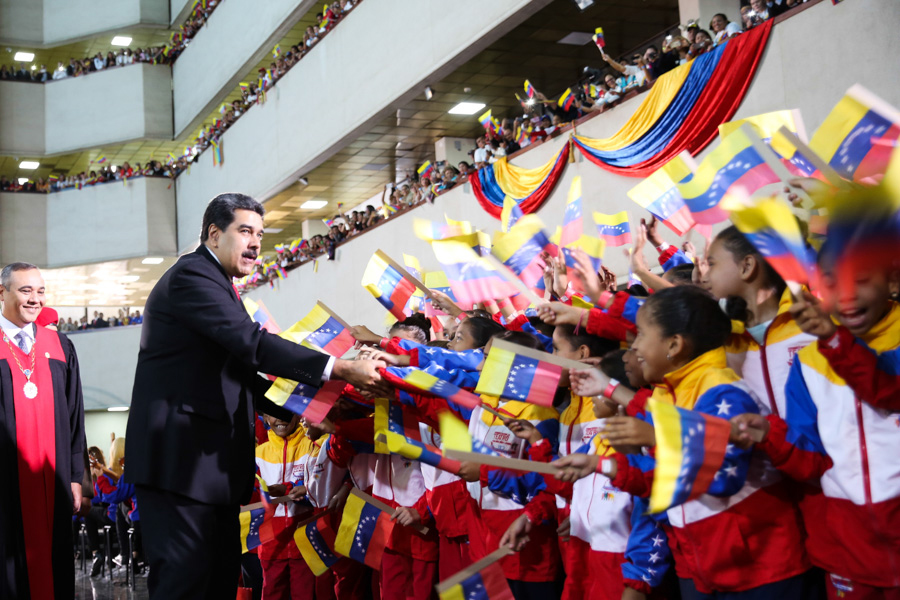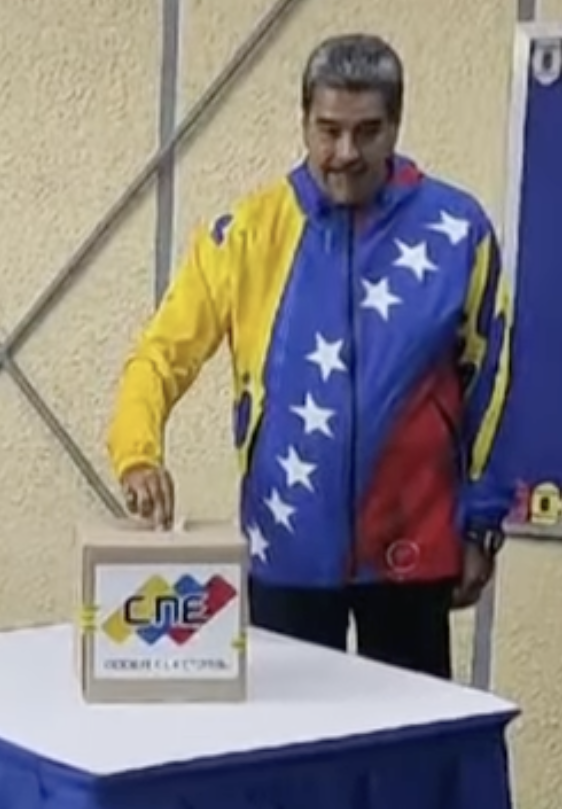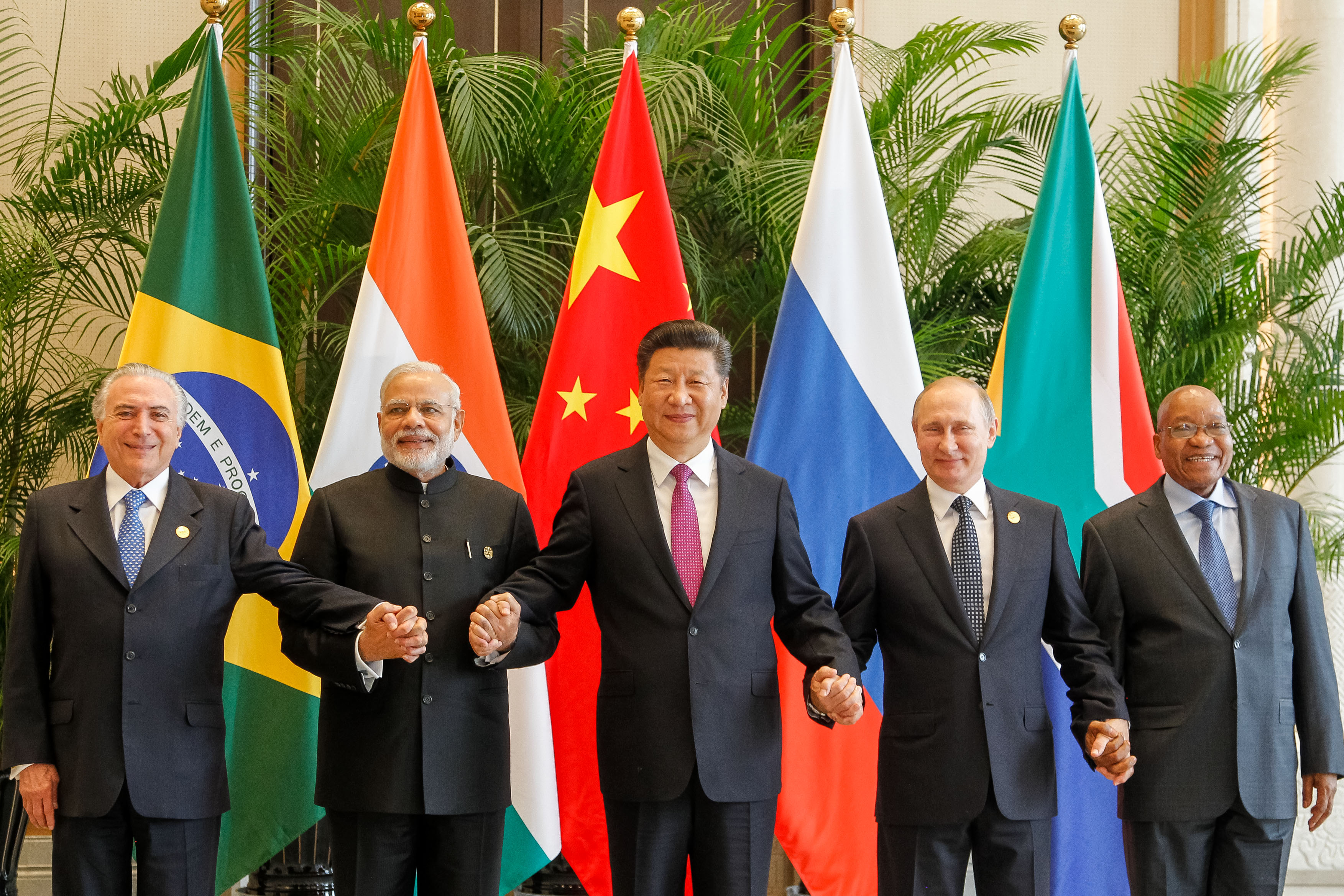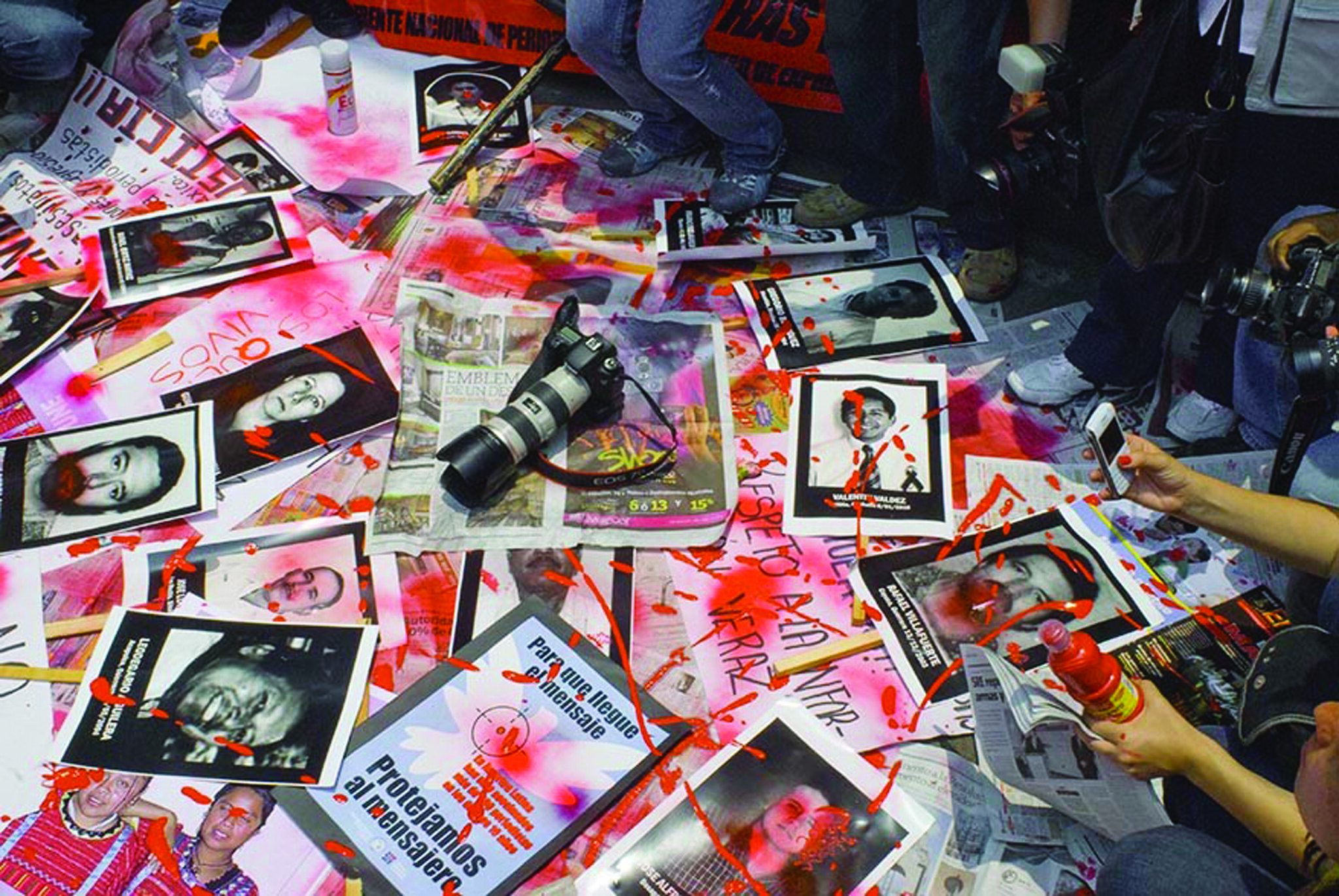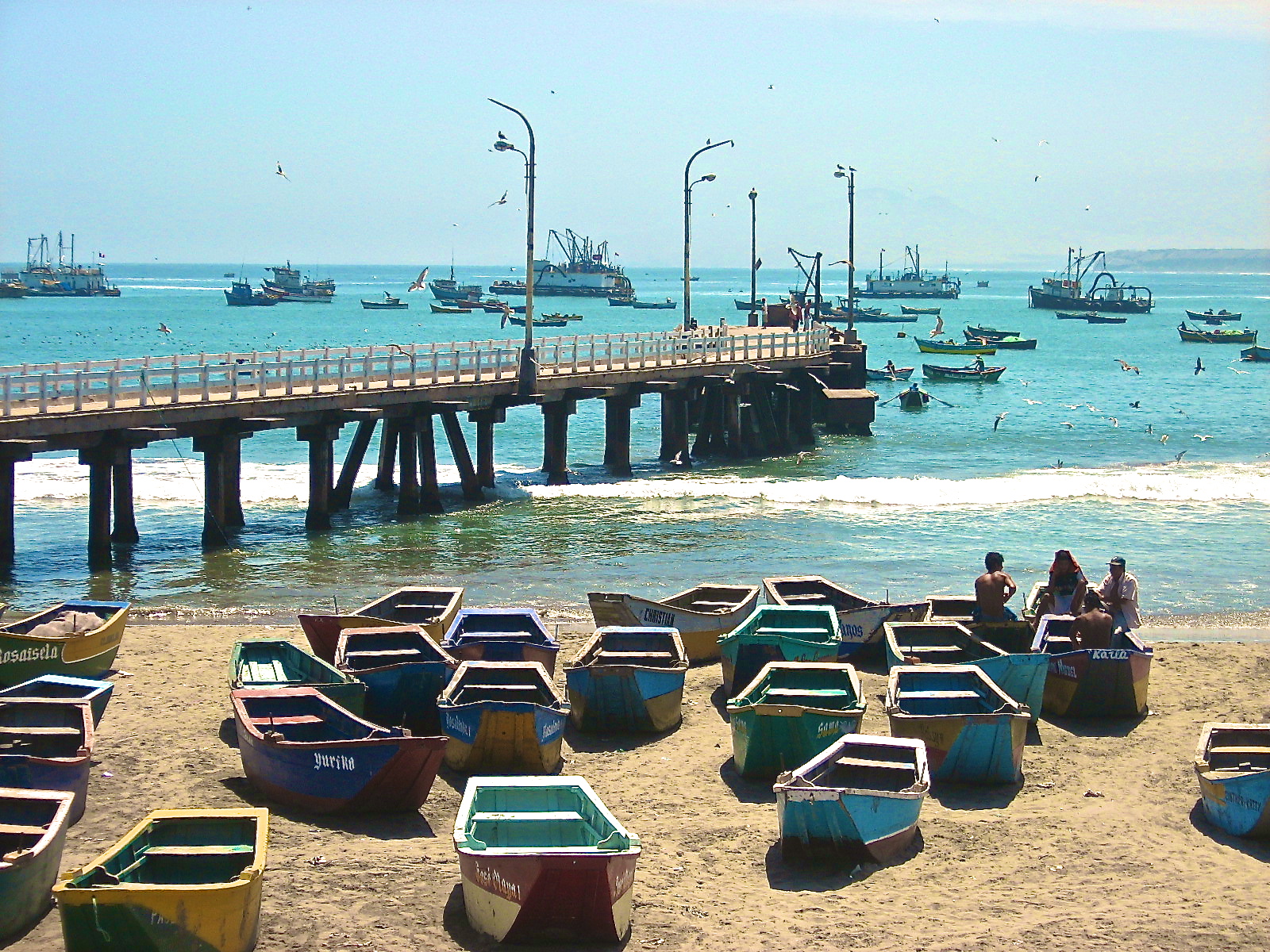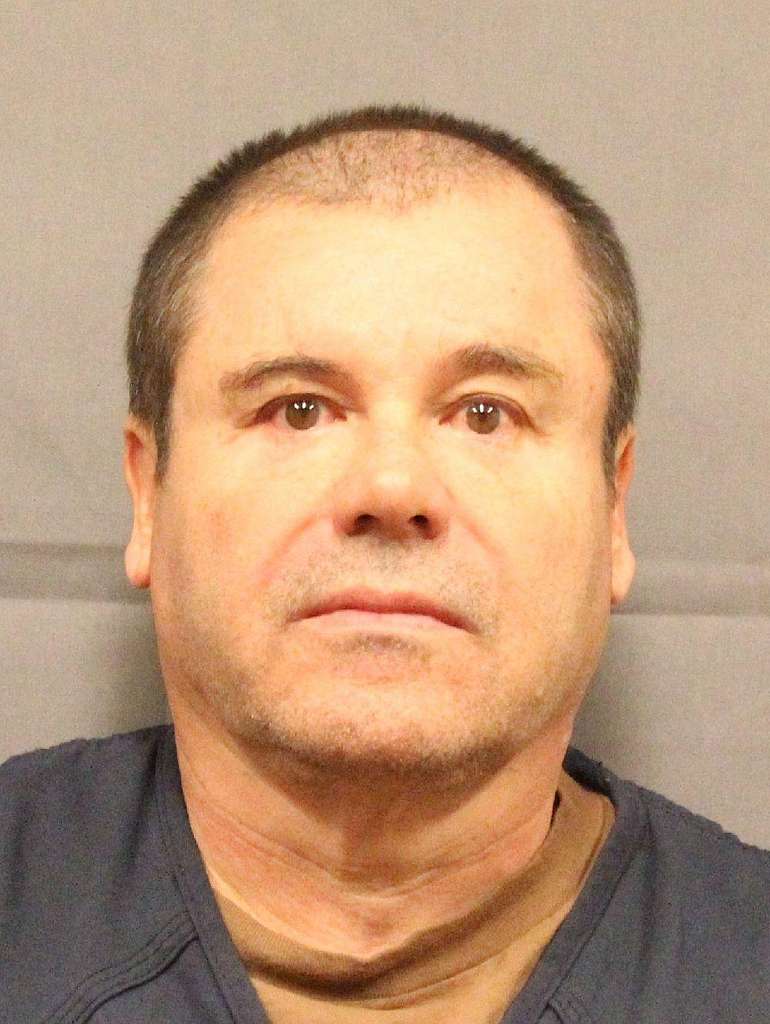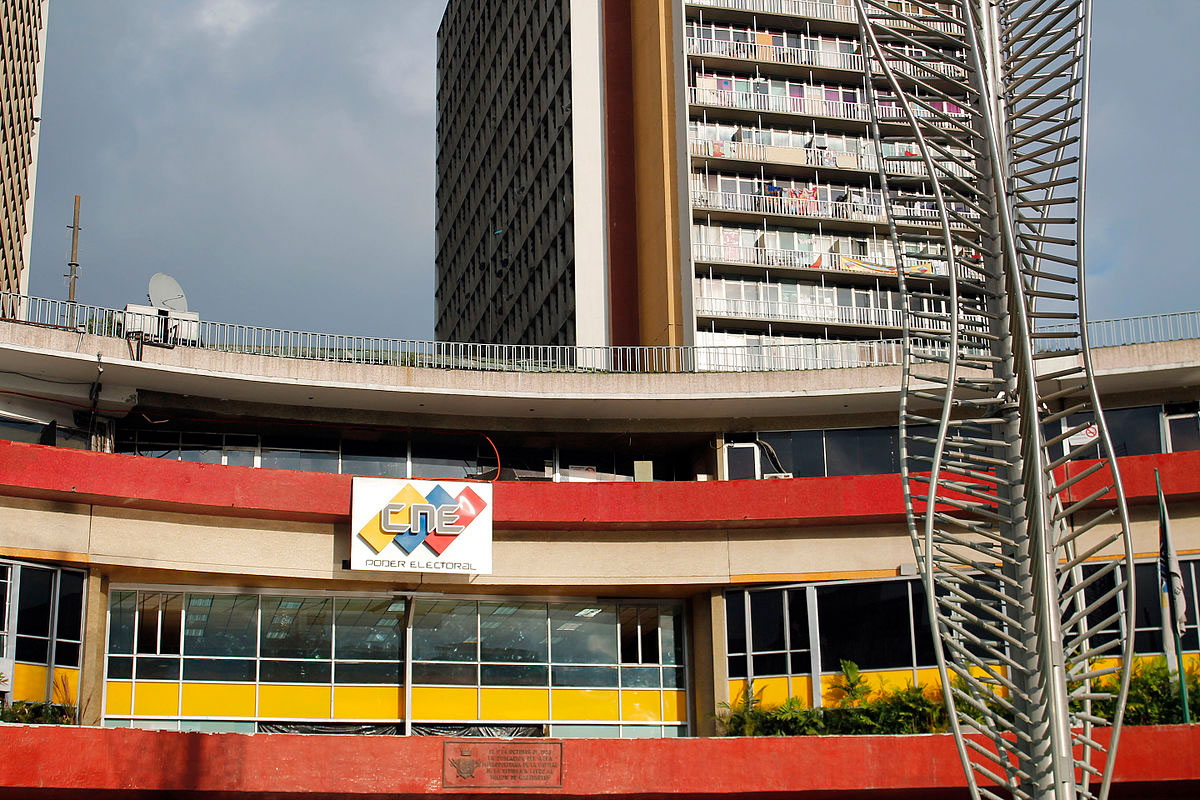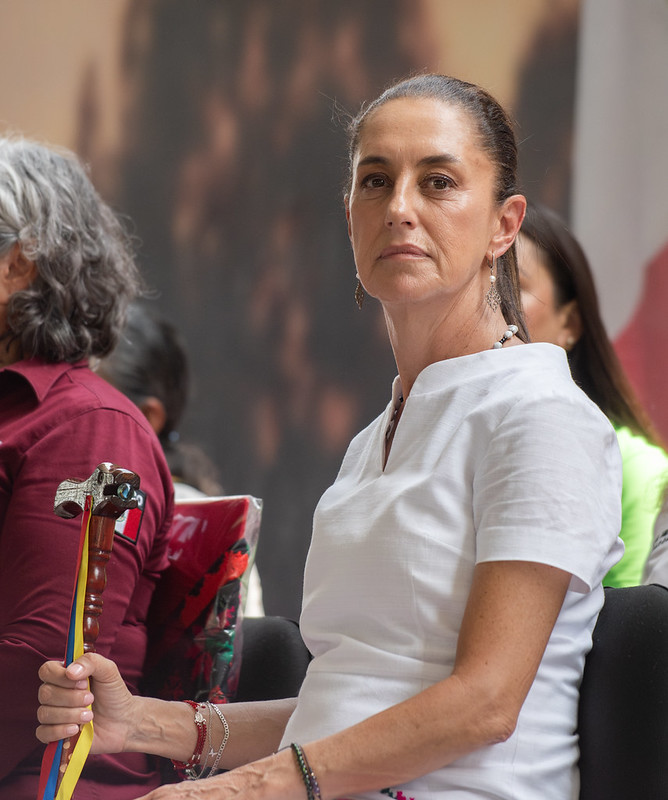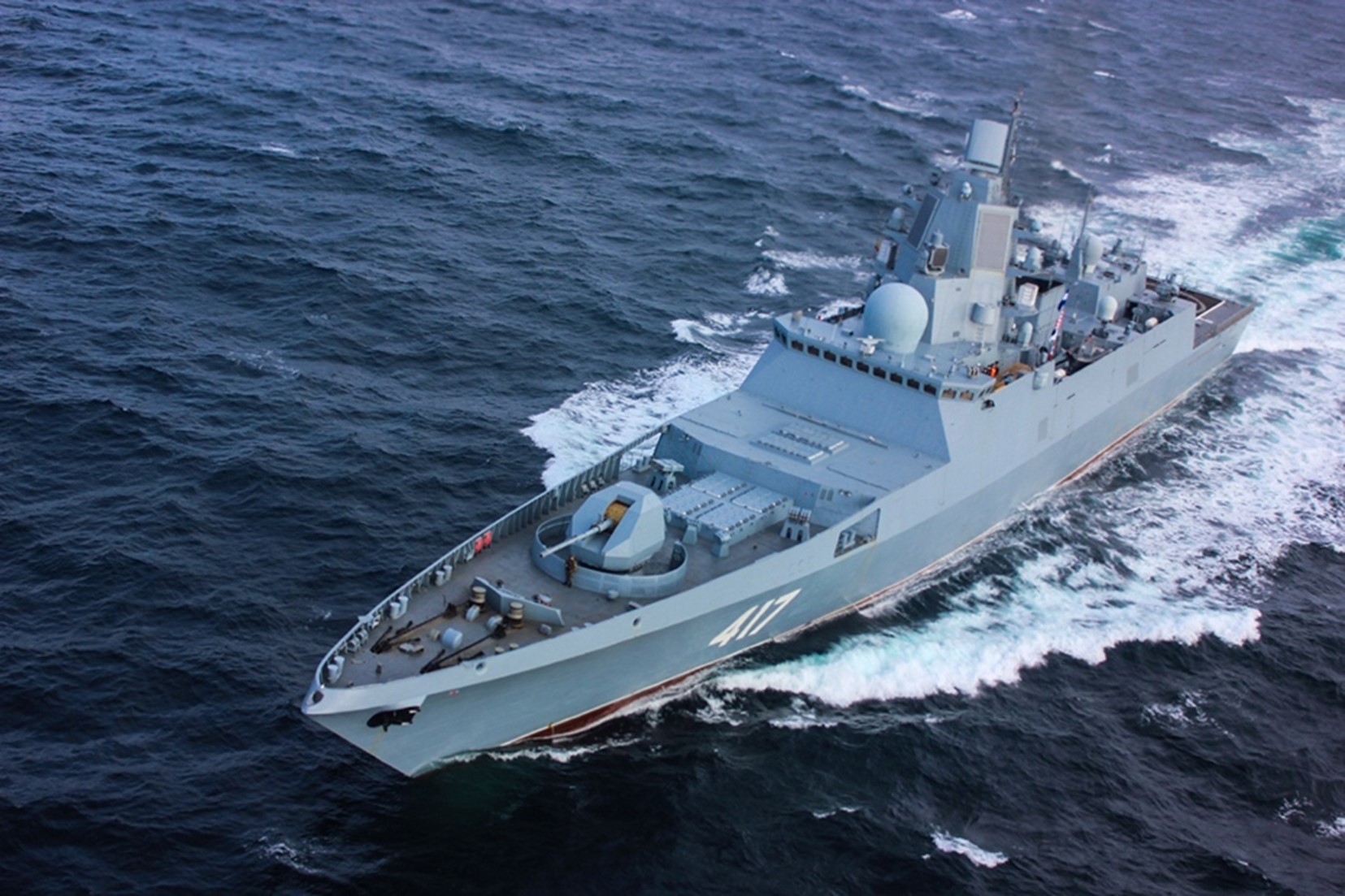
United Nations Secretary General António Guterres attends the annual Belt and Road Forum in China.
“Colombia intends to be part of the Belt and Road initiative…the mega infrastructure program with which China seeks to connect to the world and strengthen its geostrategic position…This is an unexpected diplomatic turn that has gone almost unnoticed.”
Despite headwinds in its domestic economy, China’s strategic advance in Latin America continues.[i] In 2023, Chinese foreign direct investment levels in the region remained high at more than $9 billion, which is equivalent to six percent of China’s total foreign direct investment.[ii] Now more than ten years old, China’s signature Belt and Road Initiative (BRI), a massive foreign infrastructure investment program, has proven popular throughout Latin America. In a major announcement, Spain’s top daily news outlet, El País, reports that Colombia recently signaled its intent to join BRI. The outlet reports that this was an unexpected development. While over 20 countries in the region have joined BRI, Colombia—and the region’s other largest countries, Brazil and Mexico—are currently holdouts. In a recent visit to Colombia, El País reports, President Petro praised China and raised the level of relations to “strategic partner.” Colombia’s accession to the BRI will not be immediate, according to Argentine outlet, Infobae. The country will form a working group to study how to accede to the BRI and maintain a “balanced” relationship with China.
Colombia’s accession to the BRI is an important development. Not only does it signal China’s advance with one of the United States’ oldest allies, but it also is indicative of the increasing phenomenon of hedging that medium-sized powers are undertaking in a world characterized by great power rivalry.[iii] China, Russia, Iran, and other revisionist powers have positioned themselves to be the beneficiaries of hedging strategies in Latin America.
Sources:
“Colombia anuncia que se sumará al gran plan estratégico de China, la Franja y la Ruta (Colombia announces that it will join China’s grand strategic plan, the Belt and Road),” El País (Spain’s top daily with some of Latin America’s best coverage), 3 October 2024. https://elpais.com/america-colombia/2024-10-04/colombia-anuncia-que-se-sumara-al-gran-plan-estrategico-de-china-la-nueva-ruta-de-la-seda.html
Colombia intends to be part of the Belt and Road initiative…the mega infrastructure program with which China seeks to connect to the world and strengthen its geostrategic position. This was announced by surprise by the Vice Minister of Foreign Affairs, Jorge Rojas, an official very close to President Gustavo Petro, on the occasion of the celebration of the 75th anniversary of the People’s Republic of China…Ambassador Zhu Jingyang immediately thanked the gesture, and assured that Beijing is willing to ‘accelerate the relevant negotiation, respecting and collaborating with the priorities and needs of Colombia.’ This is an unexpected diplomatic turn that has gone almost unnoticed.
“Colombia estrecha vínculos con China y busca sumarse a iniciativa comercial estratégica (Colombia strengthens ties with China and seeks to join strategic trade initiative),” Infobae (Argentine outlet with wide-ranging regional coverage), 13 October 2024. https://www.infobae.com/movant/2024/10/13/colombia-estrecha-vinculos-con-china-y-busca-sumarse-a-iniciativa-comercial-estrategica/
Colombia has formed a working group with China to negotiate its incorporation into the Belt and Road Initiative, the ambitious infrastructure and trade project promoted by the Asian giant. The announcement was made during the visit of the Colombian Minister of Foreign Affairs, Luis Gilberto Murillo, to Beijing, who stressed that Colombia’s accession will take place ‘in a reasonable time.’…The Colombian minister stressed that his country is seeking balanced cooperation with China at a time when Bogotá is seeking to strengthen its independence in foreign policy and diversify its international relations…Murillo’s visit is part of a broader strategy that began with President Gustavo Petro’s trip to China in October 2023, when both countries agreed to elevate their relations to a strategic partnership, signing a series of agreements to deepen cooperation in key sectors such as the economy, science, and education…Although Colombia’s official accession to the BRI is still in process, Chinese investments already play a relevant role in the development of the country’s infrastructure.
Notes:
[i] The Council on Foreign Relations think tank maintains an updated document on major developments in the relationship between Latin America and China. See: “China’s Growing Influence in Latin America,” Council on Foreign Relations, last updated 10 January 2025. https://www.cfr.org/backgrounder/china-influence-latin-america-argentina-brazil-venezuela-security-energy-bri
[ii] For more information on China’s foreign direct investment activities, see the work of Enrique Dussel Peters: “Monitor of Chinese OFDI in Latin America and the Caribbean 2024,” 13 May 2024. https://docs.redalc-china.org/monitor/images/pdfs/menuprincipal/DusselPeters_MonitorOFDI_2024_Eng.pdf
[iii] Matias Spektor has an excellent article on the phenomenon of hedging among medium-sized powers. See: Matias Spektor, “In Defense of Fence Sitters,” Foreign Affairs, May/June 2023. https://www.foreignaffairs.com/world/global-south-defense-fence-sitters
Image Information:
Image: United Nations Secretary General António Guterres attends the annual Belt and Road Forum in China.
Source: https://www.flickr.com/photos/un_photo/35138985312.
Attribution: CC BY-NC-ND 2.0

